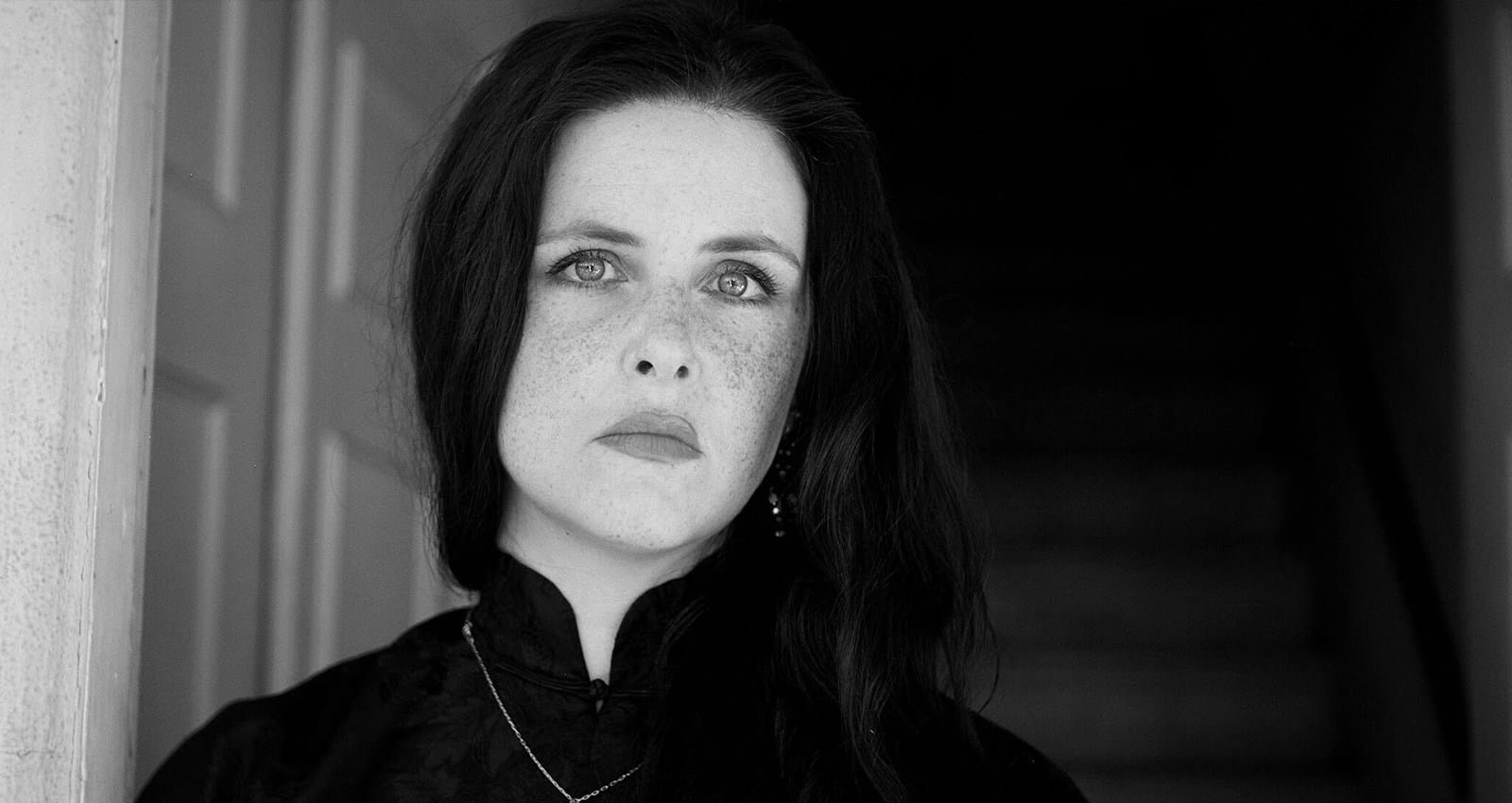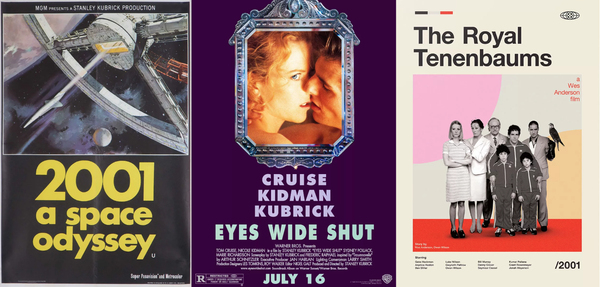my bipolar journey
so much better in lowercase. it reduces its power. a little.

Twenty years ago I was feeling low enough to go to a doctor for the first time. For the first time about that. It wasn't a waste of time but it didn't fix anything. My depression turned out to be something I hadn't heard of. It was called cyclothymic disorder. Honestly, it's the best kind of depression. You rarely feel all that low, but after a few months of feeling low, things suddenly change. Within a few weeks, you feel high. And those highs are something else. A high might last six months, and the very peak might last two or three. Just long enough to bash out a novel. You can function with cyclothymia but it's hard sometimes. Some weeks are really, really hard. But with enough willpower you can do it. The doctor said there was nothing she could do, but at least I had a new label and two certainties. One, this was never going to get better and might get worse. Two, what goes down will always bounce back up.
Ten years after that I found myself at a different doctor. This time I was so high I was starting to get worried. I just couldn't sleep. I wasn't as worried as those around me, it must be admitted. I was having too much fun. This time I was given pills. Things have moved on, said the doctor. I have never slept deeper than I did that night. For a while, for a few years, the pills did the trick. Then they stopped working. The pills were antidepressants but they never worked when I felt low. I still couldn't sleep and I still felt sad, just a little more numb. Not numb enough that you would notice. They only helped me sleep when I felt high. Perhaps this was a clue.
I have always been something other than normal. I just didn't know it when I was at school. Well, I did know it, but nobody had the right labels. Nobody cared. I can say that nobody cared less than me.
People with depression can find it hard to hold down jobs and often do quite menial, repetitive tasks because it turns out that can help them cope. But people on the up cycle of depression, a state sometimes described as euphoric or hyperactive, experience the most intense feelings. And boy, these feelings are something else. You feel pain so intense that it's really physical. It's almost like cutting yourself, although cutting yourself is less painful. And you like people beyond like. It's almost a sort of obsessive possession of other people, even strangers. It's fleeting. For two days or a week you can feel like that random you gave your seat to on the tube is your perfect match. For a week you work out all the ways you will propose to them, get married and live happily ever after. Then someone else comes along the week after, so much more attractive in every way. And so it goes. Kurt Vonnegut and Douglas Adams had some experience in this direction.
Everything above is right but it's not the whole story. After writing as many words as I have one of the things you learn is this: there is no such thing as the whole truth. In March 2025 I went to a different doctor. We needed some different pills to help the insomnia but she was unsure which ones to prescribe. She was not convinced that cyclothymia fully explained everything she could see. Her daughter has adhd, she said. Had I ever considered an issue with dopamine? She was gently suggesting that I might have adhd. I had not considered it. But immediately I could see that the hyperactivity aspect of adhd was a mirror for cyclothymic euphoria. I was happy to give it a spin to see what came out in the wash.
I had a couple of weeks to wait before my first ever appointment with a real psychiatrist, and an Easter of chocolate to ponder the situation. Was this really progress? Nobody had sent me to a shrink before.
Although neurodivergent kids can be unruly, what is also true is that they can overachieve. They go into the creative arts. They become the authors you are reading now, the actors you love, the musicians you hear. They become politicians and entrepreneurs. They change the world.
Neurodiversity is not a mental illness but there are similarities and overlaps, as I have found. Perhaps I did have cyclothymic depression twenty years ago, or perhaps it was adhd on its own. Even I did not or could not know. But one thing I have discovered this week is that I don't not have adhd. Let me explain.
I sat in the Chelsea reception of my new best friend, a superhero, a man who would right all the wrongs of four decades of mental upheaval. As I made my choice of teapigs and biscuits, totally alone, I finally felt calm. It was quite the climb to the top floor. Was there any significance in this? Was I the maddest one in the building or would that be the basement? Probably just a coincidence. I settled into the largest sofa I have ever seen. "This used to be a hotel," he apologetically explained. It was the size of a king size bed. "Then check me in," I replied. Benedict Cumberbatch came to mind in his best role as Patrick Melrose. I had arrived.
We started at the beginning and spent ninety minutes mulling everything over. It felt like five minutes to me. I spent the time looking out the window at the Royal Brompton and wondering if I might be checking in there before nightfall instead. "You might have adhd, but you probably don't. You definitely have a cyclic mood instability. We need to get on top of that no matter what. If you do turn out to have adhd then we need to fix the insomnia first. The adhd treatment will just keep you awake all night anyway." Did he detect some sort of heavy groan? "I know what you're thinking. You really don't want to have both of these things. However I have many patients who do and they cope. It just takes a bit longer to fine-tune the meds." He had veered off towards Dominic West in Brassic now.
Depression can start when you least expect it and it can go away and never come back. Yes, you can inherit an inclination, but you do not inherit depression itself. This is one reason I believe that sometimes people secretly think it is your fault, that you could snap out of it if you had enough self control. In contrast adhd is a chemical deficiency in the brain, a lack of dopamine. It is a purely physical condition yet its symptoms can mimic depression, or even cause depression if untreated. You can experience crashing lows and deep embarrassment just as you can experience hyperactive overachievement and awkward social situations, such as a meltdown at a party. Moments of high stress for neurotypicals like weddings and funerals can be unbearable for neurodivergent people.
Even stranger, and more recently, we have come to understand that although adhd is lifelong, it can in fact come and go, just like cyclical mental illness. Truly the two sets of symptoms cannot be separated; they are basically the same. We talked it through and agreed on the point. Yet the cause of adhd is different, and the cycles are shorter and more erratic. My full cycle length is two to three years. In adhd it might be days or hours. The reason my meds stopped working is that sometimes that happens but it is also because my meds did not address dopamine. They masked my issues, they made sleep easier and made life more bearable but they were not the right answer.
To cut a long story slightly less long, we settled on a new medication that would do some of the things the old one did but in a better and more nuanced way. The aim with this one is to stop the insomnia and stop the cyclic mood disorder. It will stop the highs and the lows and keep me in a more normal zone. It is a mood stabilising chemical. When you get into the pharmacology, even as a non-scientist, it is incredible to understand a small amount about how and why the drugs work. This particular wonder drug works on dopamine rather than serotonin but the implication now was that I had too much dopamine rather than too little, which would have been more along the adhd route. On reading the leaflet in the packet I realised that even its manufacturers had no deep understanding of how it works. Are you even still reading this?
We talked around the differences and similarities between adhd and bipolar disorder. To my mind, bipolar sounds worse than cyclothymia. For a start, you have probably only heard of bipolar. And most of what you have heard, although wrong, is extreme. Criminal behaviour, antics like driving Cadillacs into swimming pools, foaming at the mouth. This is all (mainly) rubbish yet the myths persist. And if I had adhd it was just a physical thing, not a mental disease that somehow marked me out as abnormal, and not in a good way. The doctor really had no such hang-ups and used cyclothymia and bipolar interchangeably. [It was a Lincoln Continental not a Caddy. Ed.]
The way we left it was that we would go through the motions on adhd but unless I could find irrefutable evidence of serious misbehaviour at primary school between the ages of 5 and 12 then that hypothesis was, quite literally, dead in the swimming pool. He has requested any extant school reports of the period in question. The only ones I know about are from later in my stellar school career but luckily I live with an eye witness to the proceedings: my wife. "You were never naughty at school," she said without a moment's hesitation. "You were the most boring person in the whole class. And I'm including the teacher."
Well, enough about me. What mental illness and neurodiversity have in common is a certain preoccupation with self. It is one of the reasons your friends will stop replying to your messages. You're just too much. As it happens, that is fine with me. I prefer myself. If I disappoint myself I can fix it next time. I cannot fix other people, no matter how much I think I am the master of the universe. That belief is understandable because others pick up on your positivity. It's infectious. They can see something new in your eye and it's exciting, and not in a sensible way either. Not at all sensible in any way.
It took two special colleagues to get me over this new line, and countless other people over twenty years, most especially my wife of sixteen of those years. [Seriously we need this number to be right. You don't look old enough IMO. Ed.] In many ways my family do not know about any of this. It just felt easier that way. In the past, a very small number of colleagues have had suspicions but always jumped to the wrong conclusions. I have been accused of taking drugs or being drunk. Those people meant well but they had no reference point. I accept that people like me can be confusing. Some say I talk in riddles. But I don't confuse myself. I have never taken drugs and have only been drunk about three or four times, perhaps once every ten years.
The last thing neurodivergent people or those with mental health conditions should be doing is taking drugs or getting drunk. Unfortunately both of those things can help manage the symptoms and can be very effective. Until they're not. You cannot fix one problem by making a new problem.
One of many contradictions with these conditions is that alcohol only has a limited effect. It masks your feelings, and does so imperfectly. I tested this out again recently. Your body recognises you have too much alcohol on board and will try to expel it. But your mind simply cannot get drunk. In this hyperactive period, you will be able to walk around just fine and hold the most fascinating, nuanced conversations after half a bottle or more of bourbon. It's quicker just to put a long straw in the bottle and hurl in some crushed ice. And you will remember more of the night than the friends who saw how much you drank and thought you might drop dead at any moment. The same goes for food. Are you jealous yet? I can eat or drink absolutely anything and not put on weight. More likely, I will lose weight. Whoever first said they could eat a horse obviously had bipolar disorder and the funny thing is, they were not joking in any sense. The hyperactive mind consumes more calories than I can physically push into my body. And because exercise is so effective at mood control, and because I have so much energy, I do more of that as well. I am fitter than ever.
There are only two things that have worked for me consistently since childhood. When I'm feeling kind of detached or disinterested I read. When I'm up and far too interested in far too many things, I write. You can tell how I'm feeling from these clues. It's not difficult when you are given the key. I use podcasts and audiobooks when I'm quiet and music when I'm loud. That's another key. These are easy clues.
It turns out it was harder to stop talking about me than I thought it would be. This is a symptom of both adhd and bipolar hypomania-stroke-euphoria.
When I started to really dig into this over the Easter weekend, in preparation for the appointment in London, I found Matt Guppwell. He's all over the place (in every sense) but I had not heard of him before. He has it worse than me, or better, or anyway just more.
I was scrolling through my socials, something that neurodivergent people can find more exciting and more draining than you, and my attention focused on a reel by the incredible jazz singer Emma Smith. Emma makes a lot of reels when she is on the move and she is on the move a lot. During a run, leaving a show, in an airport. She is a striking presence but she is always moving around and always upbeat. She travels the world but home is Soho. Emma is talented, beautiful, successful. Even Jeff Goldblum, that god among men, loves her. What her reels said to me, when taken with all the rest of her posts, was adhd. I had developed an adhd radar. But Emma never mentions her adhd, she is too busy. She just does her thing. I clicked her profile and there it was. Jewish-adhd-Londoner. It is Emma who persuaded me to use lowercase for adhd.

Also over Easter I pulled together all the musical snippets I have been collecting since Christmas for a new article. I started to see that the singers I had been following were often neurodivergent. The more I looked at interviews and their social media, the more of them turned out to have adhd or bipolar or something else. Some have been more vocal than others. One in particular caught my eye.
My eye rested on Kacey Musgraves, a major international star now, although not widely known in England, at least not by people in my generation. Someone I follow on Instagram and yes, someone who is neurodivergent, had shared Kacey's song Flower Child. The song opens with a fuck, which you would not expect after those gentle opening bars. The most striking line to me had always been "adhd and a ring in your nose" and that was weeks ago, before anyone had connected adhd to me. She talks about feeling too low or too high, and that resonated. I started to dig for my article. Lo and behold.
One of the many interesting aspects of neurodiversity, depression and many other conditions is how individual they are, how different yet similar the symptoms can be. You can recognise it in others yet you can see that they are doing different things. The things they are doing somehow have the same feel as the things you do though. When you put those thousand variables together you find that everyone is different. Profound, huh? And it applies equally to neurotypicals, pity those souls.
For many people who remember the 1980s, role models with bipolar disorder include Stephen Fry and Carrie Fisher. But my go-to will always be the enigma that is Maria McKee. She just oozes talent. Her voice can break windows. Maria in an up cycle sits at the same table as Zeus somewhere high up a Greek mountain. The word goddess is totally inadequate.

Another very individual aspect of these conditions is the treatment or coping strategies. A few minutes listening to Matt Guppwell was enough to realise that simply taking a new pill was not going to be the full answer. All the stuff I've been doing for the last twenty years has to continue, no matter what the final answer turns out to be, even if there is one. The mindfulness, the enforced periods of rest, walking, running, swimming, loud music, gentle music, the reading and the writing is all going to play its part. There is no quick fix. There is no fix at all, although it sounds obvious to say. I read today that the latest wonder drug is to play Charli xcx on full volume. When I tried that the whole house shook. Furniture moved across the floor. Now I do it often: doctor's orders.
Neurodiversity slash bipolar euphoria are not superpowers, although I understand and respect those who think they are. A very small part of me wishes I was bog standard normal. But only a small part. For all its challenges, I would much rather be me than you. I might have people like Emma Smith and Kacey Musgraves on my team. Or maybe Maria McKee, someone I have followed and respected since she first showed us all heaven during a 1990s car race. If the wind goes the right way I might yet be in both camps. Beat that.
Actually, I challenge you to find a name that's not on this Billboard list.
Author's Note
Three colleagues checked this article before I shared it. It's a new thing for me to be able to talk about this stuff at work. They know who they are.
This article kept on growing but I wanted to find some way of demonstrating the amazing side of this condition. It really is challenging, and many people have it far worse than I do. My current dose is 50 mg. The maximum dose for this pill is 800 mg. That is quite a gap. This 2020 article was written when I was high about one of my highest periods, in 2010.
If you were wondering, my karaoke song was chosen for me ironically by some colleagues who knew me when I was on the low side. On hearing the lyrics to Bonkers by Dizzee Rascal, I realised it does in fact capture me quite well.
Below is a much better song. This one is about insomnia.





